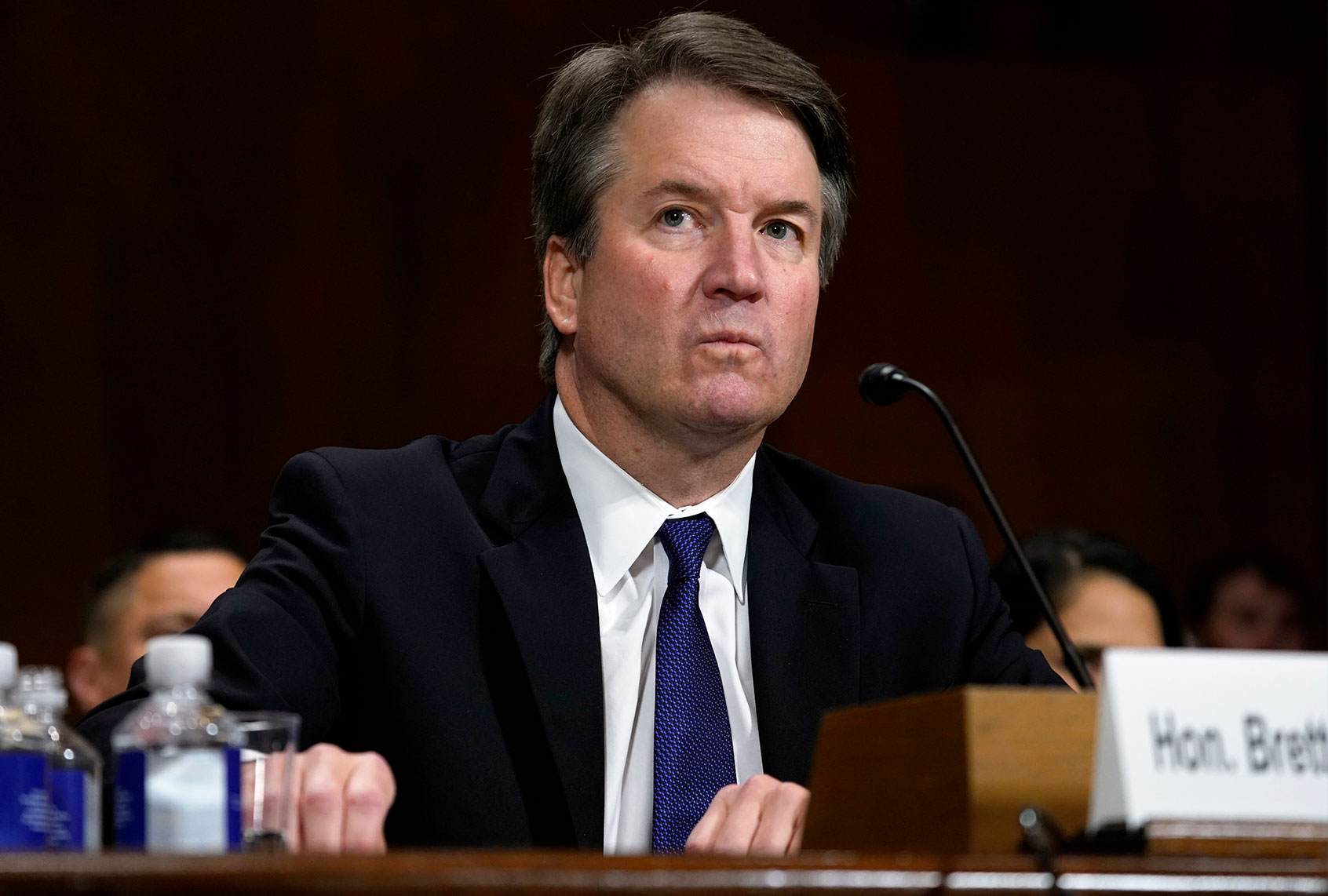When the U.S. Supreme Court announced its ruling in Dobbs v. Jackson Women’s Health Organization on Friday, June 24, one of the six GOP-appointed justices who had voted to overturn Roe v. Wade was Donald Trump appointee Justice Brett Kavanaugh — who, contrary to the claims of Sen. Susan Collins in 2018, clearly did not consider Roe “settled law.” Individual states, under the Dobbs ruling, are now free to outlaw abortion.
Some far-right Christian nationalists believe that interstate travel to seek abortions should be forbidden, but Kavanaugh has indicated that he doesn’t believe that individual states can restrict interstate travel where abortion is concerned.
Kavanaugh says the Constitution guarantees "a right to interstate travel." https://t.co/OKCI53EaEB
— Steven Dennis (@StevenTDennis) June 24, 2022
Kavanaugh wrote, “As I see it, some of the other abortion-related legal questions raised by today’s decision are not especially difficult as a constitutional matter. For example, may a State bar a resident of that State from traveling to another State to obtain an abortion? In my view, the answer is no based on the constitutional right to interstate travel.”
Kavanaugh’s comments indicate that while he would favor, for example, Texas’ right to prohibit abortion statewide, he doesn’t believe that Texas lawmakers can forbid a Texas woman from traveling to New Mexico or Colorado for an abortion. Or, if abortion becomes illegal in Indiana, he doesn’t believe that Indiana’s state government has a right to forbid a pregnant woman from obtaining an abortion legally in neighboring Illinois.
Slate’s Mark Joseph Stern, in a Twitter thread posted on June 24, said of Kavanaugh:
Kavanaugh preemptively declares that states can't prohibit their residents from traveling elsewhere for an abortion due to the "constitutional right to interstate travel"—which, like abortion, is not mentioned explicitly in the text of the Constitution. https://t.co/bVOozFPA5d pic.twitter.com/gvznKBMXeu
— Mark Joseph Stern (@mjs_DC) June 24, 2022
Pausing here to recall Susan Collins' speech announcing that Brett Kavanaugh would NEVER overrule Roe v. Wade because he believes that precedent “not something to be trimmed, narrowed, discarded, or overlooked.”https://t.co/KetcKczap7 pic.twitter.com/g1lHmkBvu7
— Mark Joseph Stern (@mjs_DC) June 24, 2022



